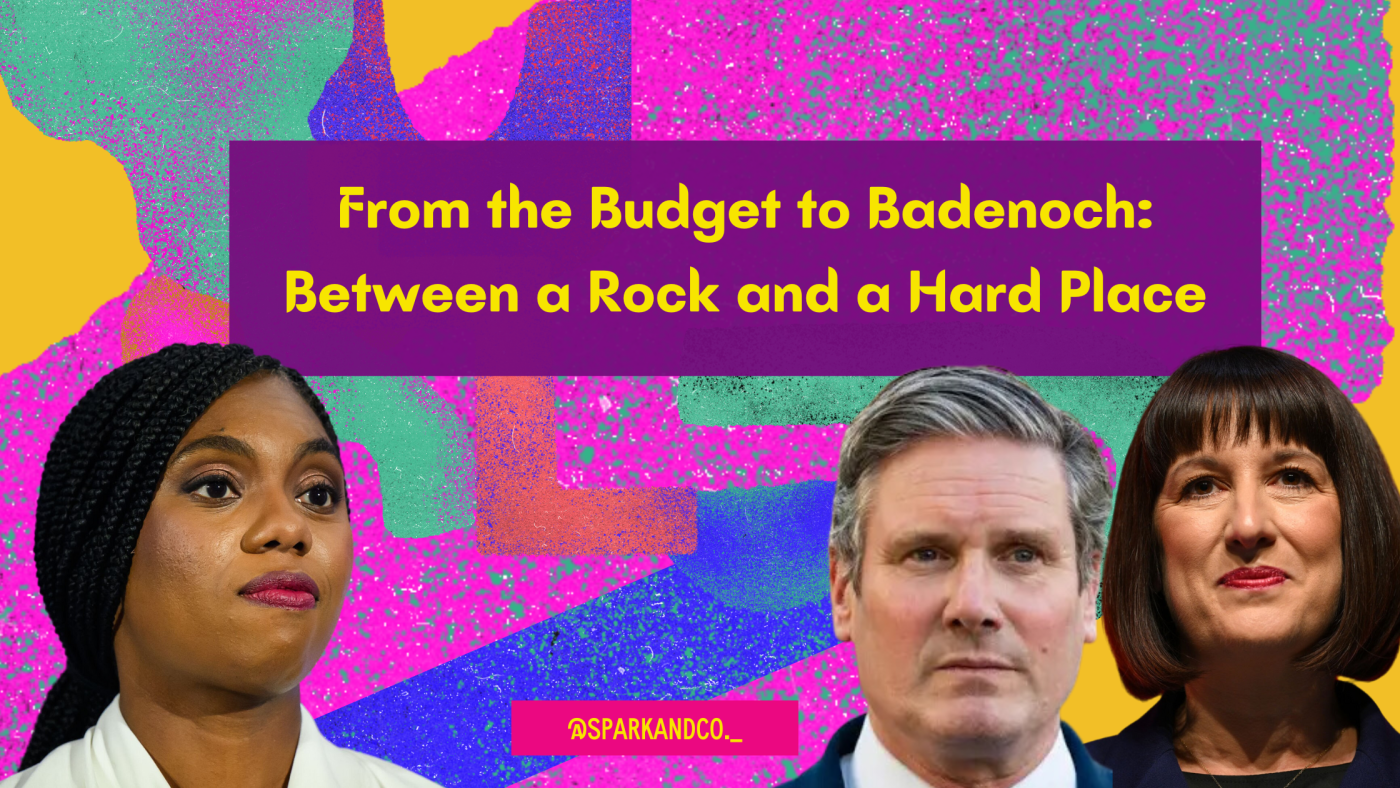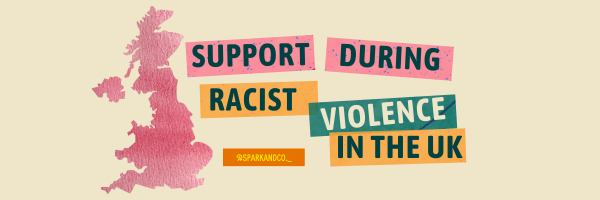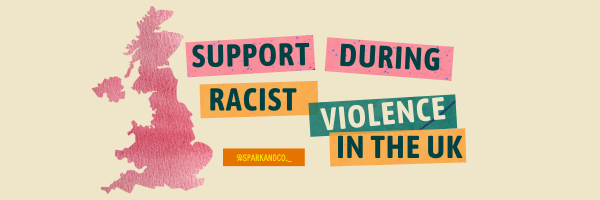How to Overcome News Fatigue

What is news fatigue: When one feels overwhelmed or tired by the amount of news they are consuming.
In 2019 the Digital News Report from Reuters and the University of Oxford revealed that 35% of UK respondents actively avoid the news with most citing their reason as it negatively affecting their mood.
A statement and sentiment that has been shared widely is that 2020 has been a difficult year. While the second wave continues, there have been additional events that have made this year extremely challenging, more so for ethnic minorities. At the start of the pandemic there was a notion that the virus didn’t discriminate, yet as time went on it showed that Black and Asian communities were adversely affected.
Higher death rates and a lack of resources put pressure on communities which were already struggling. Then during summer, we had the explosion of Black Lives Matter with the tragic public murder of George Floyd, this sent ripples across the world with many calling for change from policing, the justice system, to the workplace and beyond. Later, in autumn there were protests across Africa from #EndSARS to #UgandaIsBleeding, all calling for an end to bad governance and police brutality. This coupled with the news of natural disasters from the Philippians to Jamaica, Pakistan and beyond.
My own experience with news fatigue
At university, I studied topics which were both draining and damaging to my mental health, from exploring war time sexual violence to the horrors and legacies of colonialism. It seemed that every week I was in a lecture or seminar that would trigger some part of me. Additionally, I was writing about current affairs for my blog which meant that I would consume large amounts of news at a time.
Without realising, by my final year I was carrying a lot of residual anger and stress from what I had been taught and what I had seen. I wanted to switch off completely as a drastic measure to protect my mental health. However, as someone who was required to learn these things, as well as my commitment to sharing updates about global affairs, I had to find a way of staying informed that wasn’t at the expense of my mental wellbeing.
During 2020, when more people were confronted with the news due to being confined to their homes and subsequently their screens, I was sharing a lot of news that may not have been in the mainstream news cycle. A few of my friends reached out and asked me questions like “How do you not get overwhelmed by all the news you share?” What I hadn’t realised is that my capacity for such things had dramatically increased from my time at university. This led me to reflect on practical things that can be done to combat news fatigue.
1. Regularly keep up with the news
This may seem contradictory to what has been said but what tends to happen is that people only engage at peak pressure points, when events have reached the climax and things are exploding. If you consume in regular smaller amounts you tend to understand the background, the lead up and the overall context. This means that when you get to a George Floyd moment you are not then frantically researching everything prior. There is little motivation to consume all other related videos and content regarding police brutality as you are already aware about the wider issues.
2. Restrict the avenues in which you receive news from.
We are a multi-screen using generation, we have TV’s, laptops, tablets and smartphones meaning that information is easily accessible. Also due to the pandemic Ofcom found that screen time rose by a third with people spending on average 45 hours a week across various devices. We need to be intentional about where we receive information. Either remove social media or news apps from specific deceives or dedicate one device to sourcing news. It’s also worthwhile to mention that fake news also contributes to news fatigue, in light of this I would recommend restricting your chosen news outlets to news that is verified and trusted. This doesn’t necessarily mean following big news publications, however, it’s important to follow news outlets that reference the information that they include in their articles. This helps to ensure that the news you are consuming is coming from a valid source.
3. Put boundaries on the kind of content you consume
Our society is increasingly visual, which exposes us to things around the world that we may not have been privy to before. Visual content is important in spreading awareness. However, there is a tendency for violent and brutal videos to go viral, which can have negative consequences on your wellbeing. Make a concerted effort to not watch those videos, context can be understood without seeing the brutalisation of bodies. You can turn off automatically playing videos in your settings.
The news can be quite negative and it is important that your mental health is prioritised. If you do feel overwhelmed then make sure you reach out to your family and friends where you can discuss how the news has affected you. Find community groups that can understand and support you. Lastly check out the Spark & Co platform which can signpost you to various mental health and wellbeing resources.
This post was written by one of our Community Ambassadors, founder of A Touch of Colour, Leonie Mills.
From the Budget to Badenoch: Between a Rock and a Hard Place

Statement on the Current State of White Supremacy and Race Riots in the U.K.


Standing Together Against Racist Violence: Support for Communities of Colour in the UK


Nine Places to Shop Ethically (and support Palestine) this Festive Season (or for life)



